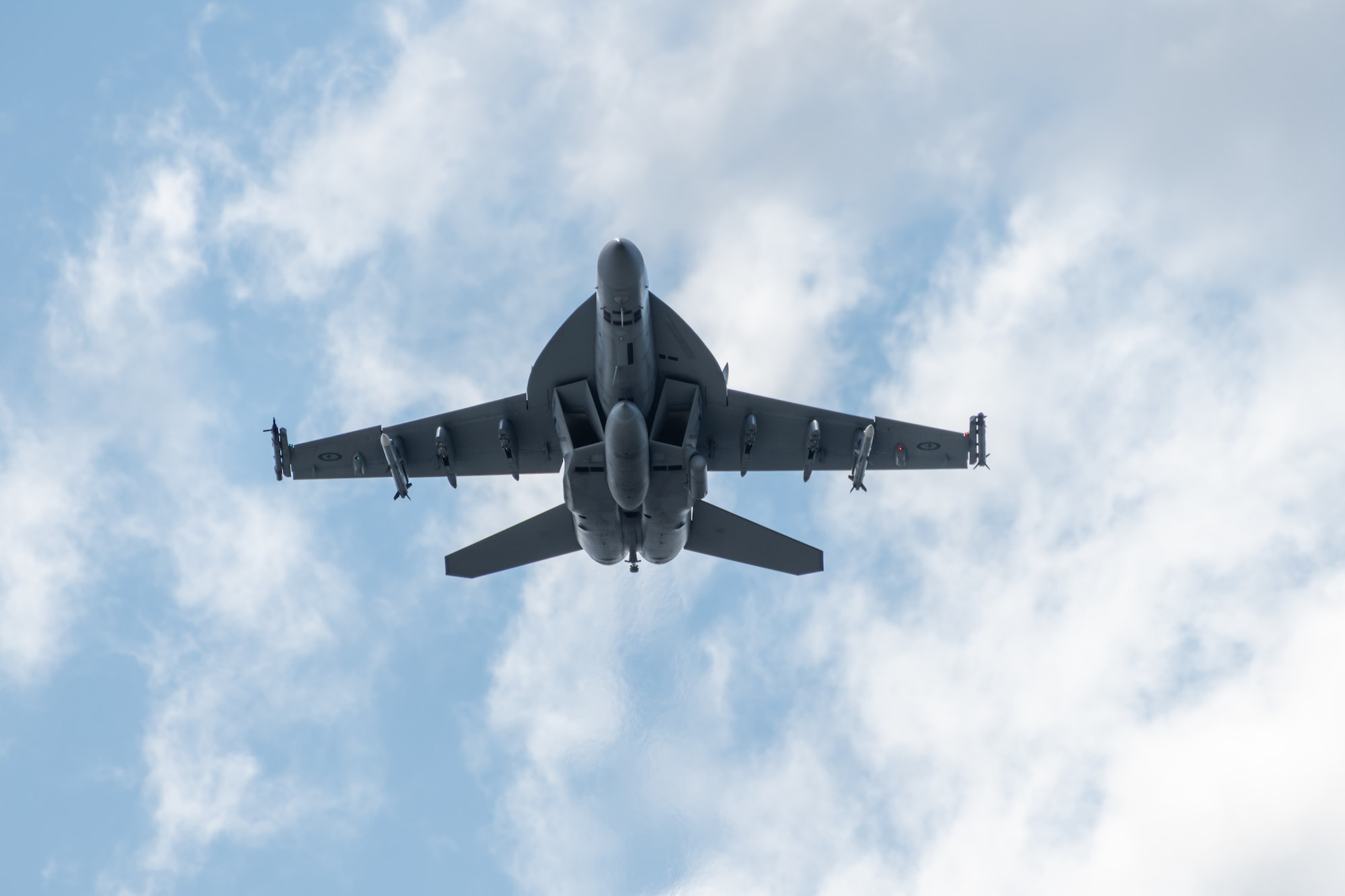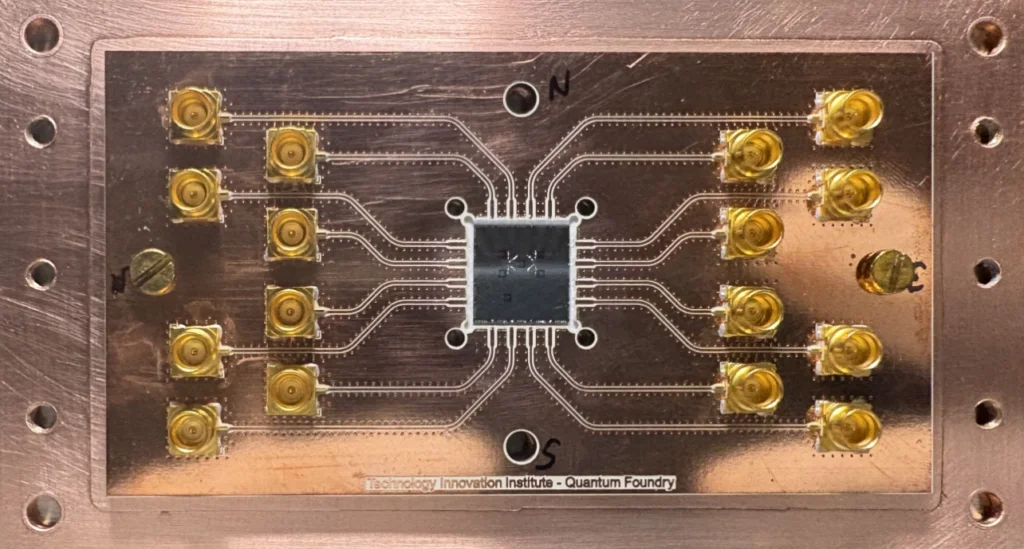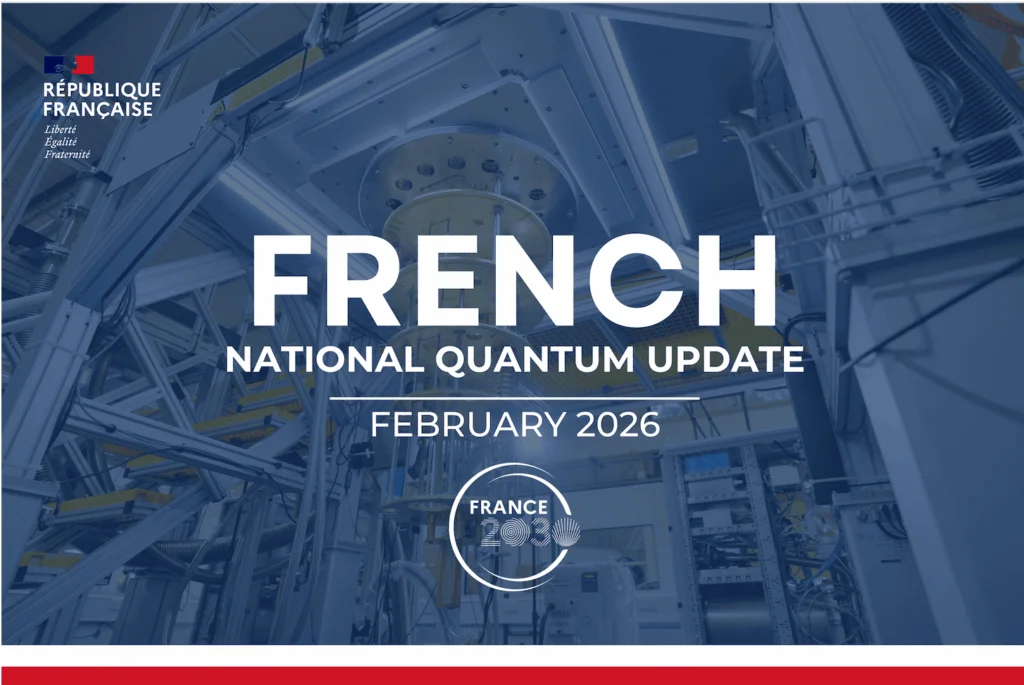Insider Brief
- Q-CTRL will partner with Australia’s Department of Defence to develop quantum sensors for quantum-based navigation systems for the military.
- The quantum enhanced positioning and navigation capability built on Q-CTRL’s quantum sensing technology.
- The technology could help the military diminish reliance on increasingly vulnerable global positioning systems.
PRESS RELEASE — Q-CTRL, a global leader in developing useful quantum technologies through quantum infrastructure software, today announced a partnership with Australia’s Department of Defence to develop quantum sensors that will deliver quantum-assured navigation capability for military platforms. The program will provide quantum enhanced positioning and navigation capability built on Q-CTRL’s industry-leading software-ruggedized quantum sensing technology.
Quantum-enhanced navigation will deliver the ability for vehicles to position accurately over long periods when GPS is unavailable or untrustworthy, opening new frontiers for defense operations. In air, space, underground, and underwater, quantum navigation permits long-endurance missions that were otherwise impossible, and secures positioning against jamming or spoofing by hostile adversaries.
A reliance on GPS for civilian and military navigation has become a critical vulnerability for governments and private sector organizations worldwide. Limited access to or outright denial of GPS signals will cause estimated economic losses of over $1 billion per day in the US alone.
Existing alternatives to GPS deliver limited benefits, suffering from rapidly accumulating errors that can pose tremendous risks to defense missions. For instance, most naval vessels use backup “inertial navigation” systems which sense motion to aid in positioning, but can lead to a vessel being off course by miles after just hours without GPS – enough to steer a ship into an underwater obstacle overnight under poor conditions.
Q-CTRL’s technology uses the quantum physics of atoms to detect motion and small changes in the Earth’s gravitational field, leveraging these signals to enable navigation over extended periods. Quantum sensors provide very reliable outputs because their signals are derived from the fundamental laws of physics, unlike existing mechanical or electrical systems that degrade over time or under different operating conditions.
Fielding quantum navigation on real defense platforms is unlocked by both proprietary hardware design and software-ruggedization that boosts performance in the field by hundreds of times.
Q-CTRL is a pioneer in the application of AI-enhanced infrastructure software to improve the operation of quantum hardware. The team’s recent groundbreaking results demonstrate that they can ruggedize quantum sensors entirely in software, to maintain advantages even in challenging field environments, such as moving platforms subject to strong vibrations.
“From day one we knew that our specialized expertise in quantum control could unlock totally new applications of quantum technology,” said Q-CTRL CEO and Founder Prof. Michael J. Biercuk. “We’ve shown we can boost the performance of quantum computers and quantum sensors by orders of magnitude – entirely through software. Now we’re pleased to be applying these capabilities to a critical defense mission for Australia.”
Interim Head of the Advanced Strategic Capabilities Accelerator, Professor Emily Hilder said the collaboration with Q-CTRL was significant for delivering quantum-enhanced navigation. “Defence recognises that quantum sensing has the potential to fundamentally transform Defence capability. Partnerships of this kind demonstrate our capacity to translate innovative concepts into capability, delivered by a world-class Australian deep-tech company.”
Q-CTRL announced its quantum sensing division in 2022, led by Dr Russell Anderson and focused on realizing a new generation of software-defined quantum sensors. The team has previously worked with partners including Advanced Navigation and the Australian Army to demonstrate and deliver this technology for applications including remote drone detection. Recent expansion to the US and UK directly supports the objective of delivering the team’s unique capabilities to Australia’s closest technology-sharing partners.
The company’s newest contract supports the first of a multi-year effort to field-deploy and validate miniaturized systems on defense platforms. It represents one of the first international partnerships between government and the private sector to apply quantum technology in real defense settings.
To learn more about Q-CTRL, please visit: www.q-ctrl.com.
If you found this article to be informative, you can explore more current quantum news here, exclusives, interviews, and podcasts.















